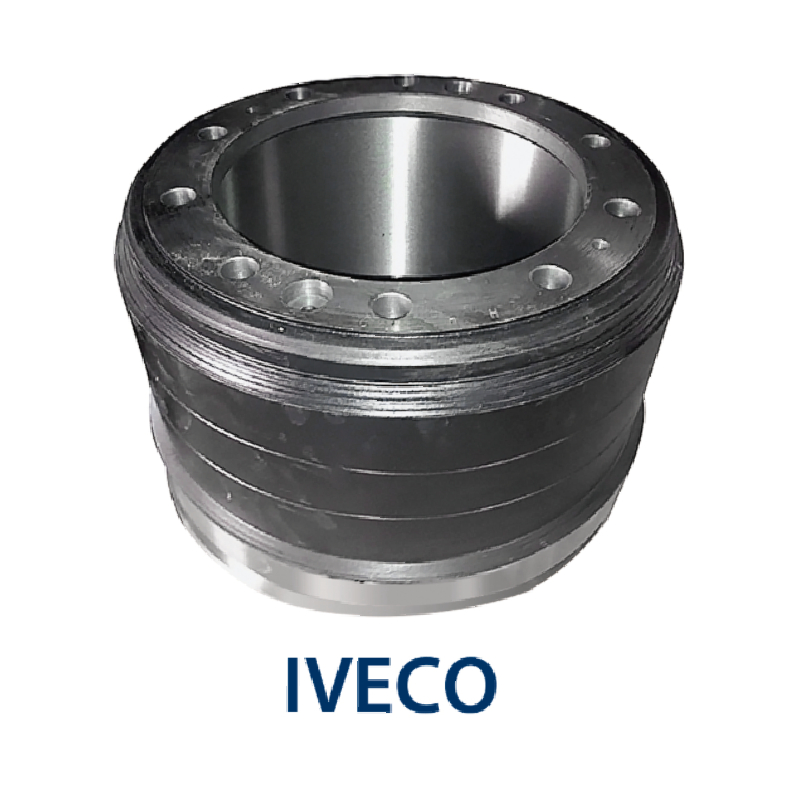2 月 . 14, 2025 01:28 Back to list
how often do brake drums need to be replaced
Brake drums are a crucial component in a vehicle's braking system, primarily found in older and some heavier-duty vehicles. Unlike brake discs, which are more commonly used in modern cars, brake drums require a different maintenance approach. Understanding how often brake drums need replacement is essential for vehicle safety and optimal performance.
4. Quality of Brake Drums Investing in high-quality brake drums from reputable manufacturers can offer better durability and longevity. Cheaper alternatives might save money upfront but could lead to earlier replacements due to inferior material and workmanship. 5. Signs of Wear Being attentive to the symptoms indicating worn brake drums is vital. These can include unusual noises when braking, such as grinding or squealing, a noticeable pulsation in the brake pedal, or decreased braking efficiency. If you experience any of these signs, it’s crucial to have your braking system inspected by a professional mechanic promptly. 6. Regular Inspections Incorporating regular brake inspections into your vehicle maintenance schedule is advisable. Even if you don't notice any signs of wear, periodic checks, ideally during tire rotations or oil changes, can help ensure that brake drums are in good working condition. It also provides a chance to catch issues early before they become significant safety concerns. In conclusion, rather than adhering to a fixed schedule for brake drum replacement, focus on factors that affect their longevity and stay vigilant for signs of wear. Regular inspections by a trusted mechanic can guide you in making informed decisions about replacement. Maintaining your braking system with high-quality components and paying attention to driving conditions can significantly enhance safety and performance while potentially extending the intervals between replacements. Always prioritize safety and ensure that your vehicle’s braking components are functioning optimally for peace of mind on every journey.


4. Quality of Brake Drums Investing in high-quality brake drums from reputable manufacturers can offer better durability and longevity. Cheaper alternatives might save money upfront but could lead to earlier replacements due to inferior material and workmanship. 5. Signs of Wear Being attentive to the symptoms indicating worn brake drums is vital. These can include unusual noises when braking, such as grinding or squealing, a noticeable pulsation in the brake pedal, or decreased braking efficiency. If you experience any of these signs, it’s crucial to have your braking system inspected by a professional mechanic promptly. 6. Regular Inspections Incorporating regular brake inspections into your vehicle maintenance schedule is advisable. Even if you don't notice any signs of wear, periodic checks, ideally during tire rotations or oil changes, can help ensure that brake drums are in good working condition. It also provides a chance to catch issues early before they become significant safety concerns. In conclusion, rather than adhering to a fixed schedule for brake drum replacement, focus on factors that affect their longevity and stay vigilant for signs of wear. Regular inspections by a trusted mechanic can guide you in making informed decisions about replacement. Maintaining your braking system with high-quality components and paying attention to driving conditions can significantly enhance safety and performance while potentially extending the intervals between replacements. Always prioritize safety and ensure that your vehicle’s braking components are functioning optimally for peace of mind on every journey.
Latest news
-
Brake Drum for Kamaz Trucks Durable OEM Replacement & High Performance
NewsMay.30,2025
-
Brake Drum Man High-Quality Drum Brake & Shoe Solutions
NewsMay.30,2025
-
High-Performance Brake Drum for Kamaz Trucks Durable Drum Brake Components
NewsMay.29,2025
-
Brake Drum Man High-Quality Drum Brake Drums & Brake Shoes
NewsMay.29,2025
-
Brake Drum MAZ High-Performance & Durable Replacement Parts
NewsMay.29,2025
-
heavy truck brake drums
NewsMar.07,2025
